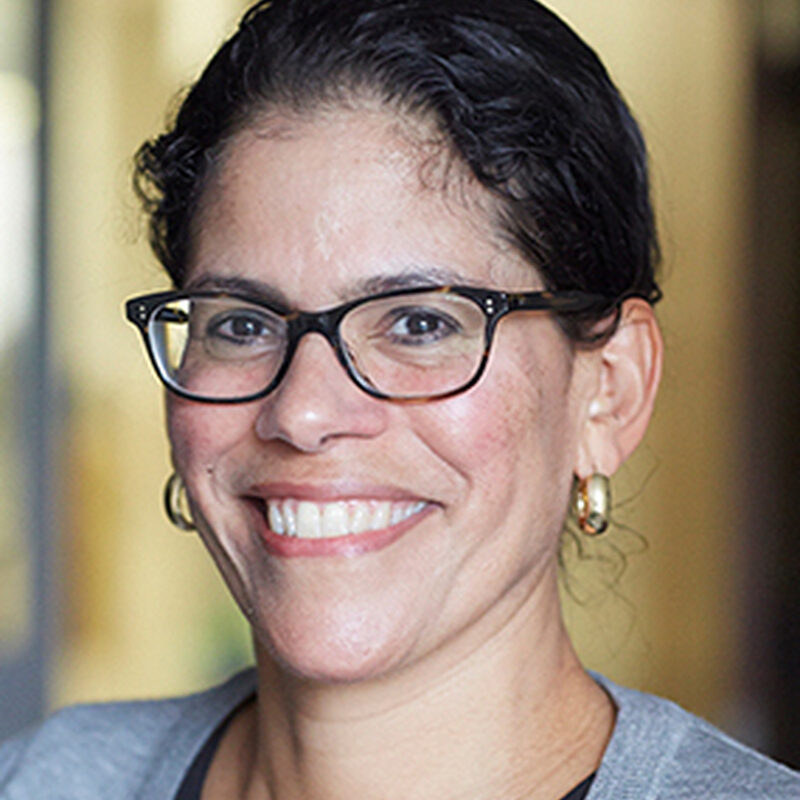Reisa Sperling is a clinical neurologist, a neuroimaging researcher, and a leading force in the movement towards earlier diagnosis and treatment of Alzheimer’s disease. She directs the Center for Alzheimer Research and Treatment at Brigham and Women’s Hospital, the Harvard Aging Brain Study at Massachusetts General Hospital, and is an Associate Professor at Harvard Medical School in Boston. Her pioneering work in multi-modality neuroimaging has served to elucidate the underpinnings of memory changes in aging and early Alzheimer’s disease. She chaired the recent National Institute on Aging-Alzheimer’s Association Workgroup, proposing a research framework to define the “Preclinical Stages” of Alzheimer’s disease, and to facilitate early intervention trials. She is actively working on clinical trials of potential disease-modifying therapies for AD, including secondary prevention trials in asymptomatic individuals with biomarker evidence of preclinical AD.
Reisa Sperling
Director, The Center for Alzheimer Research and Treatment, Brigham and Women’s Hospital

TEDMED Contributions

Reisa Sperling
Can we treat Alzheimers 20 years early?
Can new imaging techniques help determine who will develop Alzheimer’s before symptoms show? Sperling says early detection and prevention research is the best defense against a disease we…

Reisa Sperling
Reisa Sperling - Q&A at TEDMED 2012
Reisa Sperling takes questions on spotting brain changes and pre-symptom screening for Alzheimer’s disease.
Related people
All People









H. Shaw Warren
Physician and Pediatrician, Massachusetts General Hospital Associate Professor of Pediatrics, Harvard Medical School

Vic Strecher
Founder & Chief Visionary Officer, Healthmedia Inc.
